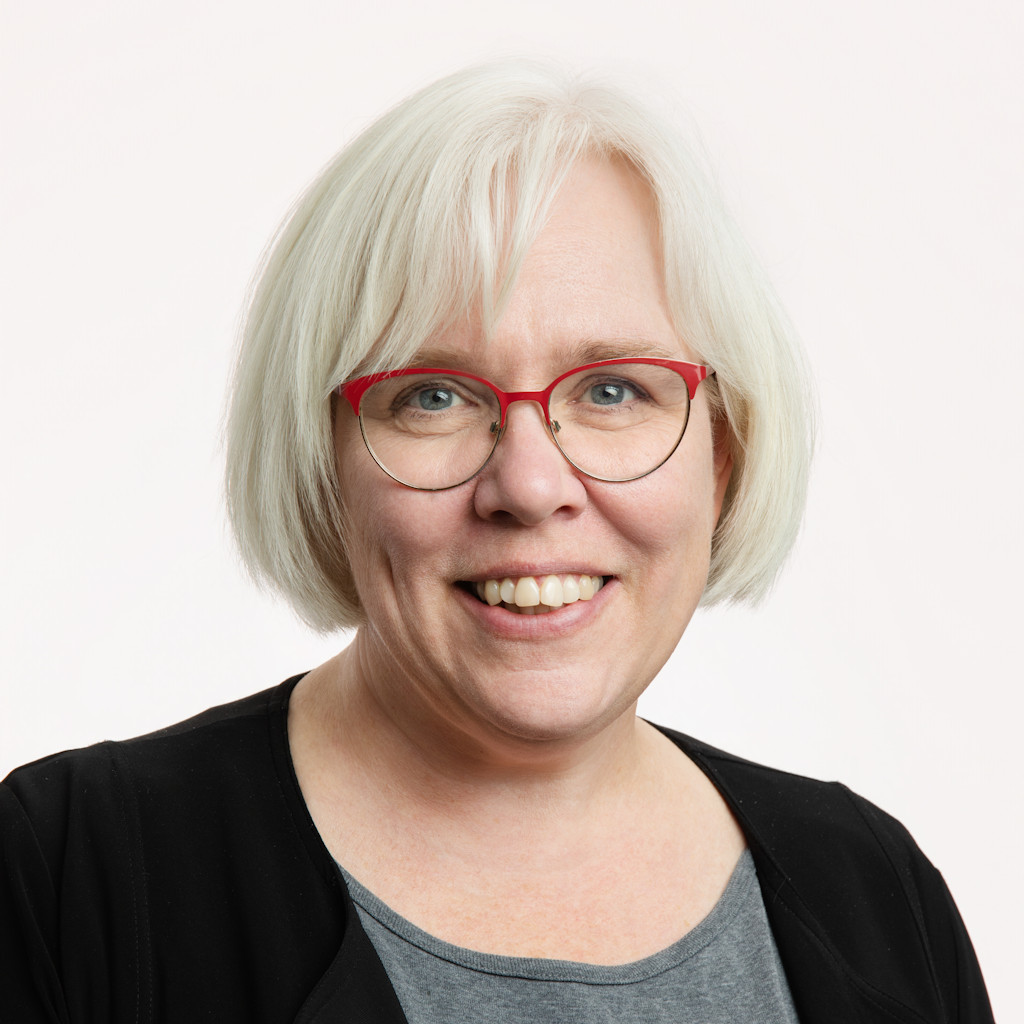
Commercializing AI about more than tech transfer, Amii execs say
By
 Karen Unland
Karen Unland
Canada was the first country in the world to have an AI strategy, and Edmonton has been central to it through the Alberta Machine Intelligence Institute (Amii). But some critics say the strategy has focused too much on research and not enough on commercialization, leaving Canada acting as "just an R&D lab for foreign firms," as one observer put it.
Steph Enders, Amii's vice-president of product, disagrees that we're missing the boat on leveraging AI for economic development.
"I don't think the opportunity has passed us by," she told Episode 46 of Bloom. "I actually think we're incredibly well positioned for this opportunity, right now and in the future."
Commercialization is a big part of the second phase of the Pan-Canadian Artificial Intelligence Strategy, and Amii is engaged in that work, Enders said.
The non-profit institute helped 74 industry partners with AI adoption last year, and "we're on track for that number to be vastly increased in this fiscal," she said. "To me, that shows that there really is a temperature change in companies from startups all the way to multinationals understanding that we have to grab a hold of this technology in order to be successful in the future."
One of those opportunities is a five-year collaboration with TELUS announced on Jan. 17. It will see the development of AI-based algorithms and techniques to help manage network infrastructure and identify risks.
"AI can be really helpful to predict equipment failure, high usage loads, and even elements of optimization," Enders said, drawing an analogy to work Amii has done with ISL Engineering on a water treatment plant in Drayton Valley.
It's too early to know what the TELUS collaboration will lead to, but to Enders, it is an example of commercialization that pertains to three important elements: knowledge, talent, and technology.
"I think sometimes people focus too much on just the tech transfer. And that's where we kind of get bogged down in those conversations of what technology was created, what IP was protected," she said. "It's really important work to do those things as well, and that's the focus of the partnership. But I don't want to lose track of the knowledge and talent transfer part of the possibility as well."

